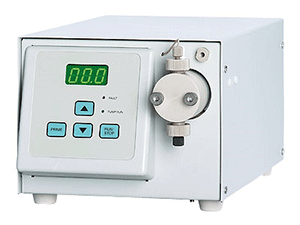Announcement posted by John Morris Group 29 Jun 2015
With the vast variety of pump types available in the market, selecting the right one can be time-consuming. Here are some recent questions about pump characteristics and quick answers to help you narrow it down.
What kind of pump can I use for highly viscous or particulate-laden fluids where power is not available?
An air-operated diaphragm pump would work. It has excellent self-priming and handles a medium level of fluid viscosity.
What type of pump offers the highest pressure and can be used effectively for HPLC applications?
A piston pump delivers the highest pressure (up to 5000 psi) and accuracy and is ideal for HPLC uses.
Which should I choose to empty my tanks?
A submersible pump will empty tanks or sumps. It has excellent pulseless flow and maximum pressure up to 50 psi.
I need a pump with pulseless flow for fluids heavy with particulates. Which pump do I use?
A progressing cavity pump would help you. It handles highly viscous and particulate-laden fluids with excellent pulseless flow. Max flow range is 1.9 to 49 L/min.
If I don’t want to spend much and I want a pump without electrical parts, what are my options?
Both drum pumps and hand pumps operate without electrical parts and are on the economical end of the price spectrum. Typical applications include pumping acids and alkalis or petroleum with a drum pump and siphoning fluids with a hand pump.


